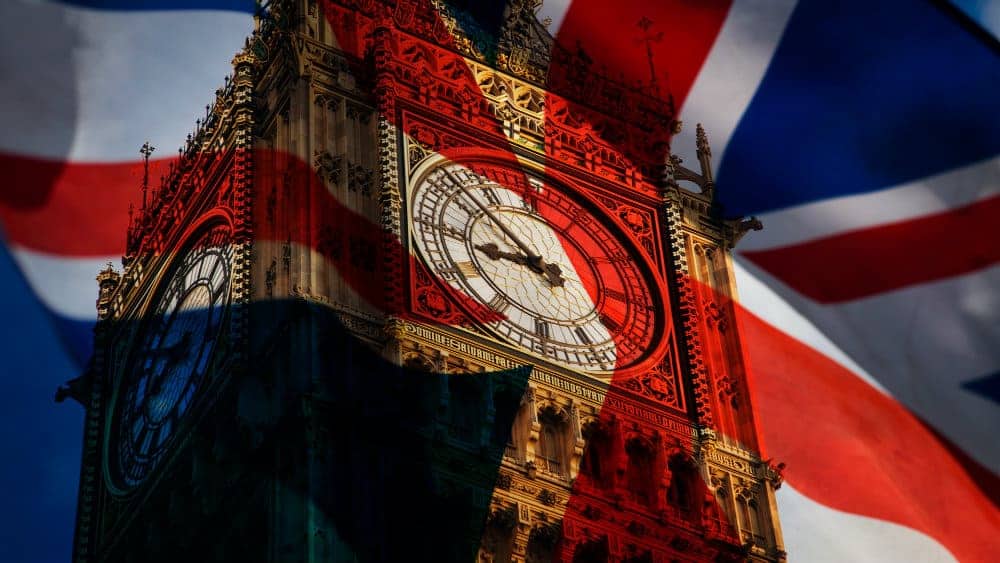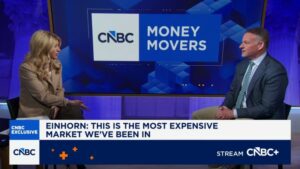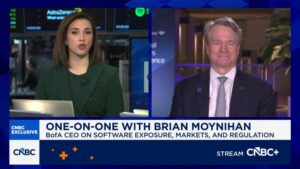Share this page:
Are you worried about fuel shortages, jobs or inflation? Well, Boris Johnson isn’t.
In a recent statement, the prime minister made clear that he doesn’t fear rising prices or the jobs gap. Here’s the latest news and what these unfolding circumstances could mean for your finances.
What did Boris Johnson say about inflation and jobs?
Speaking to the BBC, Johnson laid out his thoughts on the current issues facing the UK economy.
His opinion is that there’s no need to worry about supply chain squeezes, labour shortages, or rising prices. Citing fallout from the coronavirus pandemic and Brexit teething issues, he believes that supply will soon begin to match demand.
As for the jobs gap situation, he believes the solution is for companies to pay higher wages for UK workers instead of relying on low-paid labour from abroad.
What’s the link between the jobs gap and inflation?
Labour shortages in some industries are causing supply chain problems. In some cases, these supply issues are leading to higher prices – something you may already have noticed in your day-to-day life.
The other link between jobs and inflation is that if higher wages are required to attract workers, this could lead to wage push inflation. Another scenario is stagflation, which might happen if prices continue to rise and unemployment levels remain high.
Taking all of this into account, it’s hard to argue against the conclusion that all roads lead toward inflation.
Can you benefit from the jobs gap?
The fact that some industries are desperate for workers could swing in your favour.
If you’re currently out of work, you may be facing a Universal Credit cut. With certain industries having real staffing problems, it might be worth considering a new role or re-training to go down a different path.
Gaps appearing in vital areas can also put you in a good position to negotiate better pay or even find a more lucrative job.
If inflation continues, how will this impact your finances?
One of the most worrying things about rising prices is that they affect everyone.
If inflation takes a while to settle down, then we could see higher prices on the shopping shelves for some time.
This means the value of your money will begin to erode. So it’s really important that you’re hunting out the best savings accounts, offering the highest interest rates for your cash.
Also, if you have significant savings, it may be worth investing some of that money in shares if you don’t have an immediate need for it. Historically, investing has been the best way to beat inflation over long periods, and doing so using a stocks and shares ISA could be a good move.
Final thoughts
However things unfold in the wider economy, you can only control certain areas. Make sure you’re on top of your finances so that you’ll minimise any economic shock waves if inflation continues on a tear.
Job gaps may be leaving you frustrated, especially if you’re struggling to buy items with the ease you previously did. But it’s likely things will get back to normal eventually.
If you’re in search of a job or considering a career switch, then you may be able to use the current uncertainty to your advantage.
Could you be rewarded for your everyday spending?
Rewards credit cards include schemes that reward you simply for using your credit card. When you spend money on a rewards card you could earn loyalty points, in-store vouchers airmiles, and more. MyWalletHero makes it easy for you to find a card that matches your spending habits so you can get the most value from your rewards.
Was this article helpful?
YesNo
About the author
George is a writer and qualified financial adviser focused on educating others in personal finance & investing.
Share this page:
Some offers on The Motley Fool UK site are from our partners — it’s how we make money and keep this site going. But does that impact our ratings? Nope. Our commitment is to you. If a product isn’t any good, our rating will reflect that, or we won’t list it at all. Also, while we aim to feature the best products available, we do not review every product on the market. Learn more here. The statements above are The Motley Fool’s alone and have not been provided or endorsed by bank advertisers. John Mackey, CEO of Whole Foods Market, an Amazon subsidiary, is a member of The Motley Fool’s board of directors. The Motley Fool UK has recommended Barclays, Hargreaves Lansdown, HSBC Holdings, Lloyds Banking Group, Mastercard, and Tesco.
This post was originally published on Motley Fool







